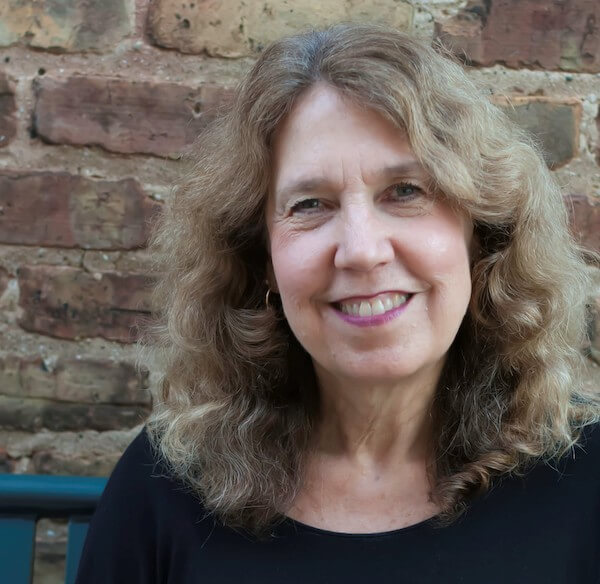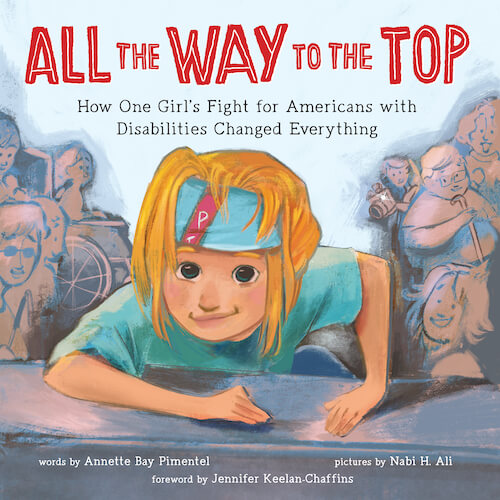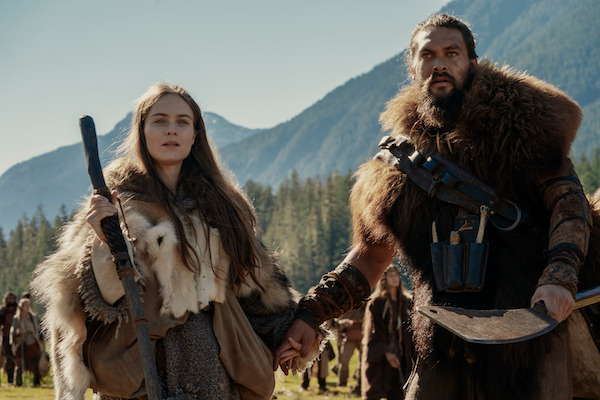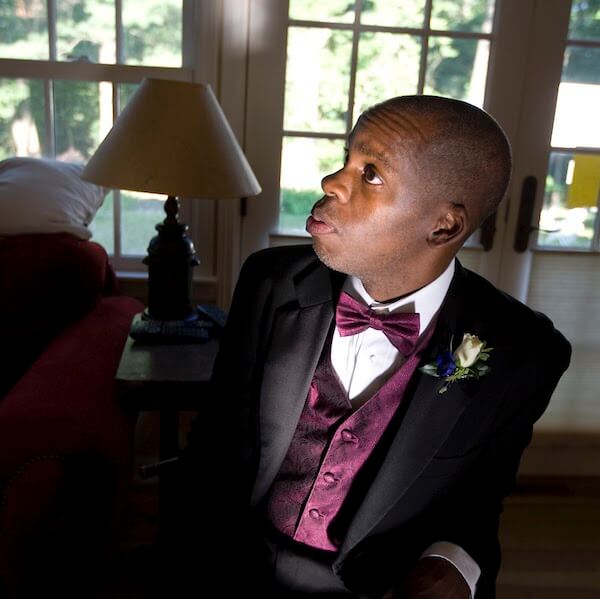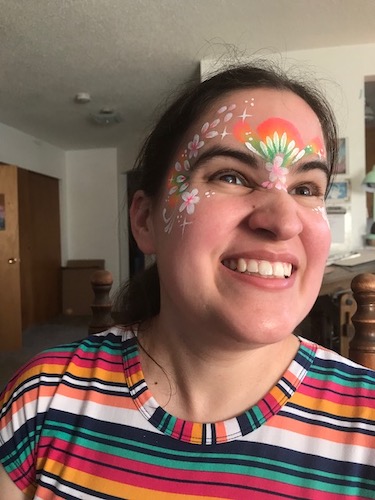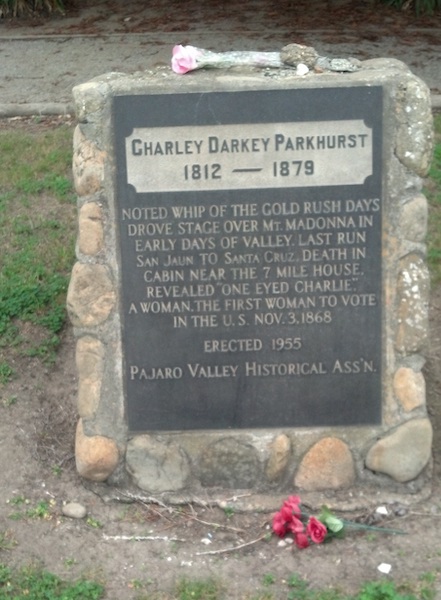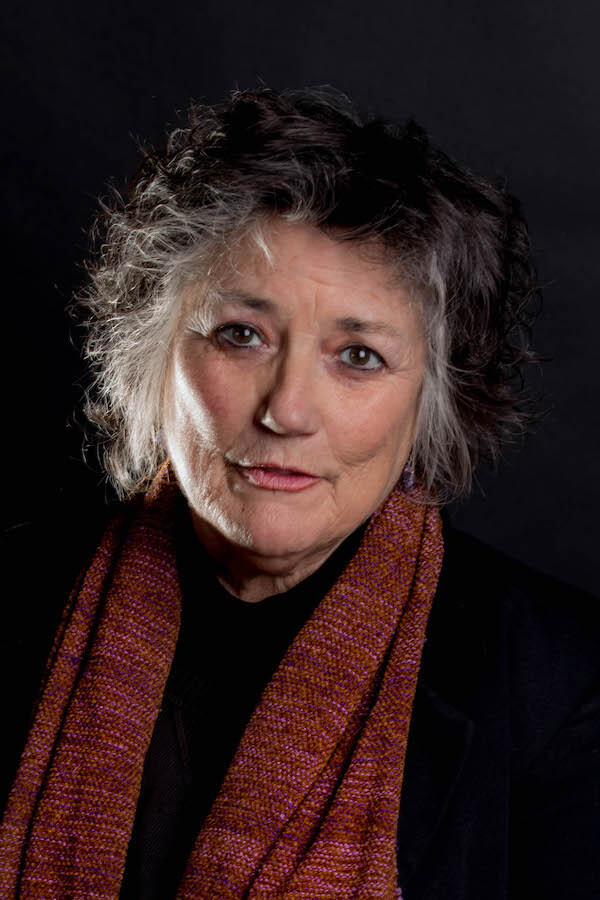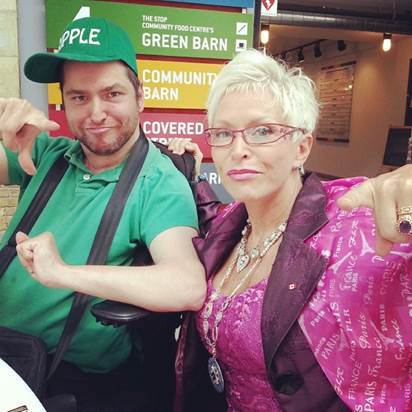By Mannette Morgan, Author of Finding Your Voice: A Path to Recovery for Survivors of Abuse
As a little girl, I knew I wanted to be a writer “when I grew up.” The problem was, I couldn’t read or write. I realized at a young age that I didn’t learn like everyone else. I felt stupid, different, and disconnected from others. I struggled to read, write, and spell for the entirety of my childhood. Continue reading “How I Found My Voice and Learned to Thrive”

